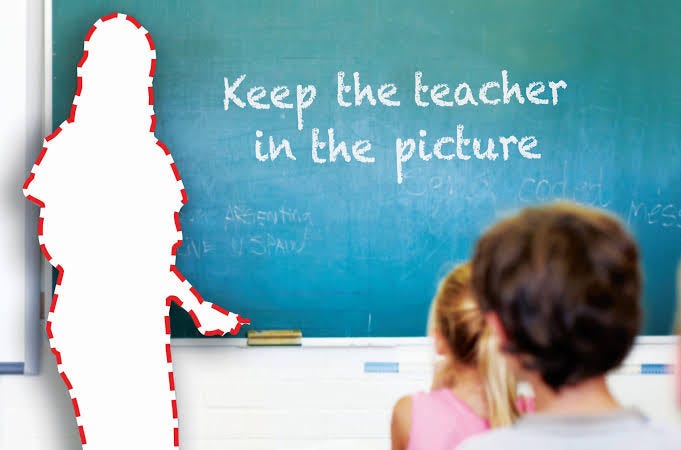Reflecting on the TEEP report, which classically looked at improving ITE without engaging with anyone in ITE, or researching it.
We don’t want to be training teachers oblivious to the complex and vitriolic debates that shape the education landscape.
As, “When young people do not have a voice, do not have avenues to talk back to dominant oppressive learning environments, behaviour often gets pinned to the individual child as having the problem. Within this framework behaviour is very much attributed to the individual student (and often their family) or poor teacher practice.” (Mills et al., 2024, P.8) So the social justice issues are missed and instead pinned to individuals because of a lack of focus on the broader societal matters.
Which is exasperated by, “The ways in which teacher educators have been margin-alised from policy processes and have content mandated that does not necessarily reflect their understandings of what is critical for future teachers to know and understand is indicative of a policy environment that has little commitment to political justice for teacher educators” (Mills et al., 2024, P.9) By bypassing actual expertise and experience we further implicate clever people in doing un-clever work.
Rather, “Schools must also be recognised as workplaces, and retaining a diverse workforce will require making schools a safe place for all teachers. The silence on, for example, institutional racism, ableism, hetero-cis-normativity, transphobia, and misogyny in the Strong Beginnings report is remarkable given the stated intent to make a diverse workforce an important policy ambition.” (Mills et al., 2024, P.11)
And this is a bigger concern than many realise, most high schools, at least, are genuinely not safe spaces for the groups outlined above - with the emerging research on the ‘Andrew Tate’ effect it’s not even especially clear if schools are safe
spaces for women as male students offensive actions are ignored or overlooked (Westcott & Roberts, 2024).
In hard to staff schools things can be even more strained for teachers. As, “Teachers in these schools need adequate preparation, support and resources to ensure that they are able to meet the demands and needs of young people in these schools. Further, they need a deep understanding of the impacts of poverty, various forms of discrimination and sense of powerlessness, and the effects of a curriculum that can at times influence young people's behaviours and learning.” (Mills et al., 2024, P.11)
Sending baby teachers into hard to staff schools without any of the knowledge of the forces that are shaping the worlds of the school and the students, parents and wider communities is sending people into a spot where they are (blissfully? Dangerously?) unaware of what and why things are the way they are.
If they don’t learn about this stuff:
“As such they will miss out on covering many of the key debates and theories in education required to be fully embedded in the disciplines of education.
Ironically, reducing the intellectual component of teacher preparation will work to undermine the status of teaching, which has been identified by these policy documents as one of the contributors to the shortage.” (Mills et al., 2024, P.11)
So the thinking work of teachers becomes less thinking and more delivery - like pizza work.
Do you want to do pizza work? And does it seem like maybe endless ITE review is maybe not working for us yet?
References
Mills, M., van Leent, L., Bourke, T., Wood, C., White, S., Readette, M., & Mills, R. (2024). Teacher shortages: a social justice perspective on an Australian teacher education policy. Teaching Education, 1-17.
Wescott, S., & Roberts, S. (2024). Conceptualising school-level responses to sexual harassment of women teachers as institutional gaslighting. British Journal of Sociology of Education, 1-18.
Running Word Count (the second 100,000): 95,780


